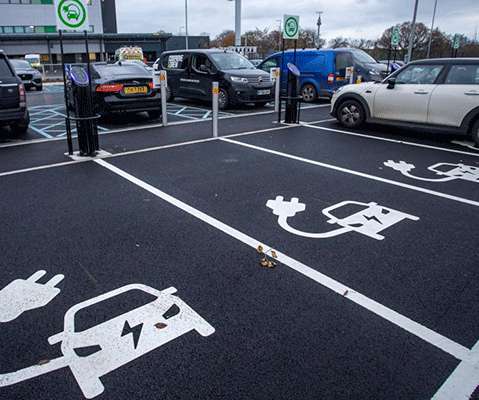EPRI-NRDC report finds widespread vehicle electrification and a cleaner grid could lead to substantial cuts in GHG by 2050
Green Car Congress
SEPTEMBER 21, 2015
Use of electric vehicles would achieve greater reductions in GHG emissions, corresponding to the rate that the electric grid becomes cleaner, through greater reliance on renewables and low- and non-emitting generation. This research points to the importance of two fundamental and parallel trends in energy and the environment.












Let's personalize your content